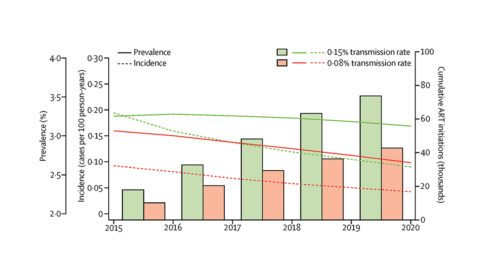
The End of AIDS is in the Details
The United Nations’ Programme on HIV/AIDS (UNAIDS) has a goal to eradicate AIDS by 2030. One of the most difficult facets of reaching the end of AIDS, they say, will be knowing when we’ve gotten there.
...more
The United Nations’ Programme on HIV/AIDS (UNAIDS) has a goal to eradicate AIDS by 2030. One of the most difficult facets of reaching the end of AIDS, they say, will be knowing when we’ve gotten there.
...more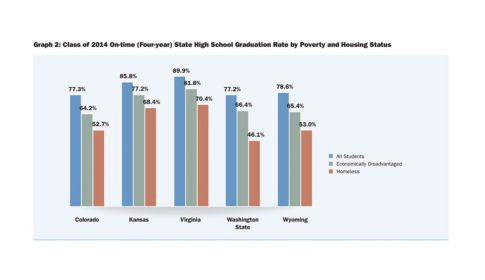
One aspect of the growing trend in homeless students at school: instability of residence often leads to school mobility which can have a negative impact on academic achievement.
...more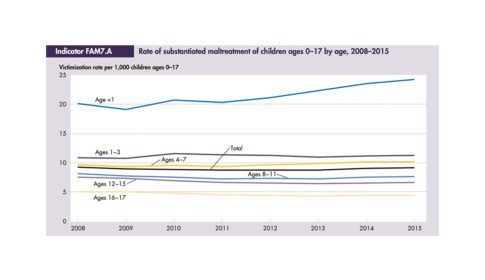
Children under one year of age experience maltreatment at more than twice the rate of any other age group, and that this trend is only getting worse.
...more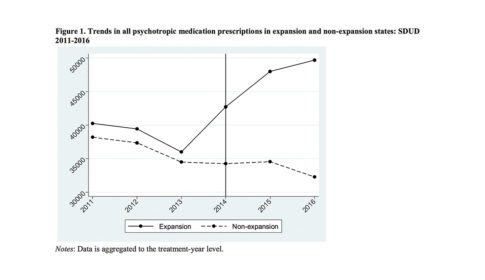
Recent research from the National Bureau of Economic Research suggests that the Medicaid expansion under the Affordable Care Act increased access to mental health care.
...more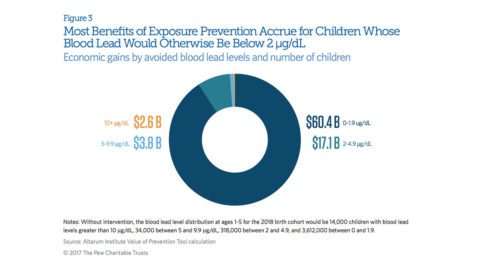
Reducing early lead exposure in children would result in future savings: increased lifetime earnings, better health and outcomes, and better quality of life overall.
...more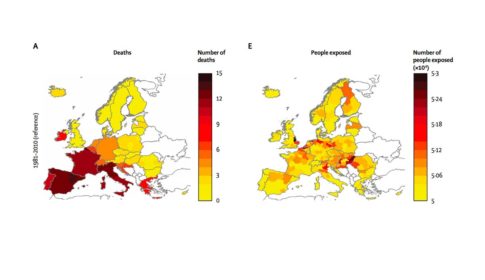
A recent study in the Lancet finds two out of three Europeans could be affected by weather-related disasters by 2071.
...more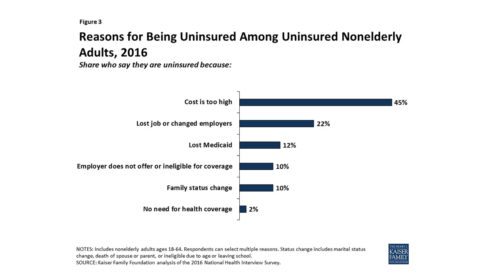
Data from the Kaiser Family Foundation shows that 98% of respondents do want health insurance, but lacked access.
...more
NASA data shows a trend in rising sea levels that represents an imminent danger to coastal communities globally.
...more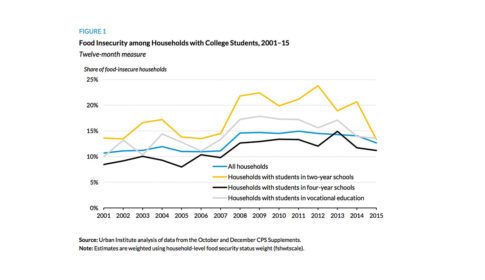
A recent Urban Institute study finds that students at two-year colleges are at risk of food insecurity. Could a review of the work requirements for SNAP eligibility help?
...more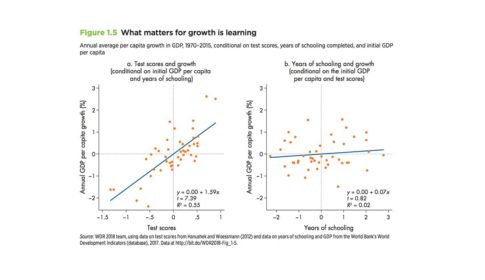
A World Bank report on how schooling is not the same as learning: students are leaving school without a real working knowledge of what their classes were supposed to teach.
...more